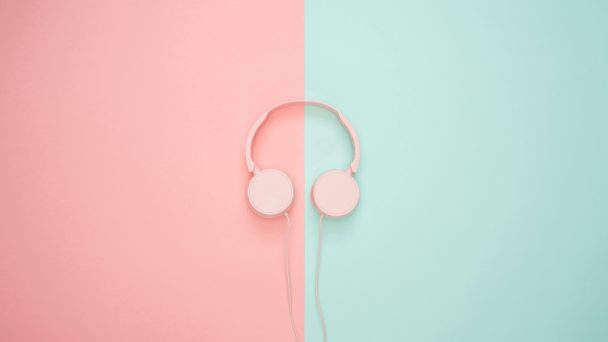8 questions for an addiction doctor

Petra Ooms first worked for years as a general practitioner, before she made the step to become an addiction specialist. She is now associated with Jellinek as an addiction doctor and practitioner. We asked her 8 questions about alcohol.
| What is Jellinek?
Jellinek is one of the largest addiction care institutions in the Netherlands, with treatment locations in Amsterdam, Utrecht, Amersfoort, Almere, Amstelveen, Gorinchem and the Gooi and Vecht region. |
Can you speak of a risk profile when it comes to alcohol addiction?
"Certainly. Some people are more prone to developing addictions. Children of an addicted parent are also more likely to develop an addiction later on. In any case, your home situation has a major influence on your own alcohol consumption. Were your parents big takers? Did they not mind if you had a glass every now and then from the age of twelve? In addition, your character and your experiences also play a role. Are you an overachiever? Fearful? Are you traumatized? Are you insecurely attached? Which friends do you hang out with? One or more of these influences can lead to early and excessive use of all kinds of narcotics.”
What are the warning signs of alcohol addiction?
"Forgetfulness, gloominess, concentration problems, fatigue, a shorter fuse, self-neglect and sleeping problems in combination with regular reporting sick from work and regularly canceling social appointments are alarm signals."
| Self-neglect
Prolonged and excessive alcohol consumption in many cases leads to a form of self-neglect. Someone does not eat well, does not observe the rules of personal hygiene (decorum loss) and does not receive treatment for his alcohol addiction or exhibits risky behaviour. |
When do you speak of an alcohol addiction?
“When you compulsively look for the fulfillment of the desire to drink alcohol, in this case, and your daily functioning is under pressure, because of your craving for alcohol and drinking alcohol, you can speak of an alcohol addiction.”
How quickly can drinking alcohol lead to an addiction?
“Alcohol is a dormant addiction. It is so different with other means. You can immediately become addicted to tobacco, cocaine and benzos. An alcohol addiction develops more gradually. An alcohol addiction can also be masked for a long(er) time. This also depends on the function of the use. Do you drink so as not to feel sadness? Do you drink because you have been doing this since childhood? Or do you drink to fall asleep?”
| benzos
Benzodiazepines (sometimes called benzos) are a group of drugs for anxiety and/or sleep problems. They make one drowsy and sleepy. |
What makes alcohol so addictive?
“Alcohol is a difficult drug. Both physically and socially. It's available everywhere. It's part of our culture. And it is dosable. Physically, alcohol is a small molecule that affects several neurotransmitters within the reward system.”
| The neurotransmitters dopamine and serotonin
Dopamine is the main neurotransmitter in the reward system and involved in the 'rewarding' feeling that arises during behaviors such as eating, drinking and sex. Alcohol, as well as other addictive substances, have a stimulating effect on the release of dopamine. This makes drinking alcohol a rewarding, pleasant and euphoric feeling. In addition to its effect on dopamine release, alcohol also has a stimulating effect on serotonin in the brain. Serotonin has an effect on mood, sleep and memory, among other things, and also gives a pleasant feeling and a sense of connection with others. Source: trimbos.nl/expertisecentrum alcohol |
How can you start a conversation with someone about whom you are concerned about alcohol use?
“Try to bring up what you see. Don't judge that. For example, say, "I notice that I often smell alcohol on you." Or: 'I notice that you often appear confused when I call you'. Then ask for permission to discuss it further with that person. "Do you mind if I ask you a few more questions?" If the person in question indicates that he does not want this, come back to it next time. Don't be put off and keep talking to him or her in a respectful way.”
As an addiction expert, how do you view the usefulness of a challenge such as IkPas?
“If you are ready for a change in alcohol consumption and you decide not to drink for a while, then every day is worth a cheer. If you can decide to stop yourself and you succeed, for a day, 2 days, a week, a month or even longer, it does a lot for your self-confidence. With every day that you don't drink alcohol, you put your alcohol consumption into question more and more. And if it doesn't work out and you unexpectedly drink alcohol again, that's also an eye opener. Because why doesn't it work? A valuable question that you can ask yourself, so that you gain more insight into your own alcohol pattern.”


